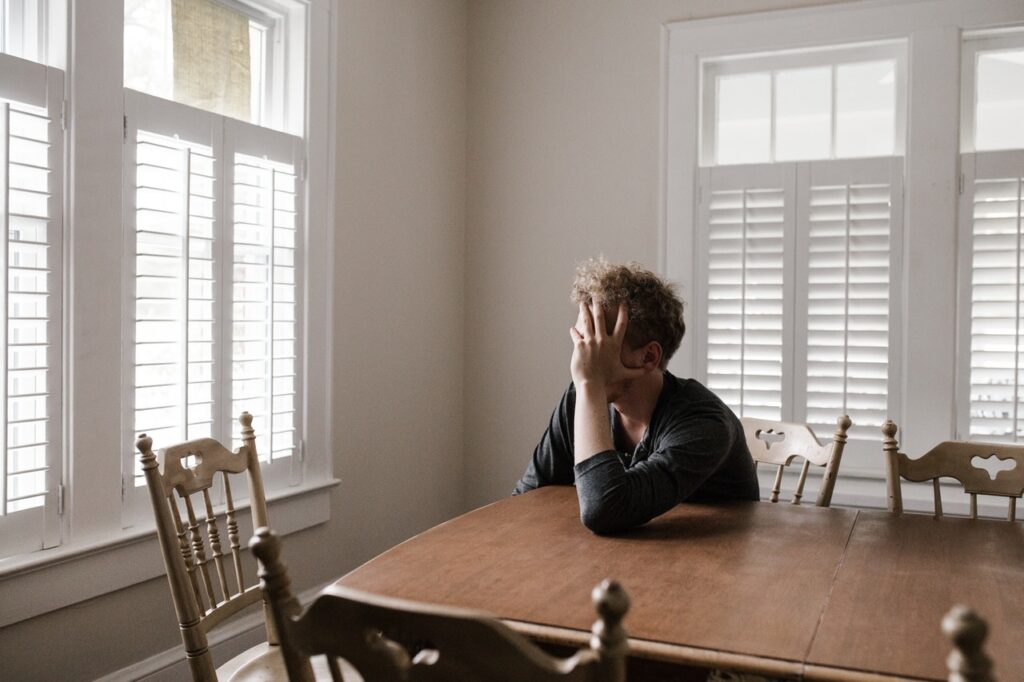
Emotional health is at the heart of our humanity. It empowers us to take part in our communities and to lead lives. However, the COVID-19 virus isn’t just attacking our wellbeing, distress is increasing. Grief at the loss of loved ones. Shock in the reduction of jobs. Isolation and limitations on movement. Tough family dynamics. Uncertainty and fear for your future. Mental health issues, including anxiety and depression, are a few of the causes of distress on the planet. Learn more about it in this Review.
Mental Health Problems must be Responded
Discrimination and stigma, which is unacceptable often exacerbate this suffering. After years of underinvestment and neglect in health the pandemic, solutions are hitting communities and households together with the strain that is added. Those most at risk are elderly people, health care workers, Young people and Teens, those with health requirements, and people caught up in catastrophe and conflict.
People who stick with them and must assist them. Even if the pandemic is brought despair, anxiety and Melancholy will continue to influence communities and individuals. This is the health and the backdrop to the policy short on COVID-19 today, that the government started. Mental health services are a basic part of all government answers to COVID-19. They need to be financed and enlarged.
Policies care for all those and must support conditions, and safeguard rights and their rights. People must change health as we recover from the pandemic services into also make health, and the neighborhood is contained in health care.
The United Nations is committed to developing a world where everybody has somebody to turn to for emotional support. The government urges civil society, authorities, health authorities, and others to come together to address the pandemic’s health measurement. And call to declare ambitious obligations in the World Health Assembly that is forthcoming.
A lot of people are currently using technologies to handle their health, which will likely be prevalent and essential as the necessity to practice social distancing, keeping a physical space from others to prevent the spread, raises.
Leaning on technologies from hotlines to programs isn’t brand new in the health area. A preliminary study from Deloitte shows there are more than health programs on the Marketplace, with varying levels of efficiency. Among these, Ginger, that connects people to experts and Data, lately published information that reveals gain in mentions of COVID-19-related keywords In discussions between their behavioral and its customers’ caregivers.
Survey responses reveal a vast majority of Americans agree most people with mental illness can get well and that keeping a regular life will aid an individual with mental illness to get better and return to productive lives. Additionally, a plurality of Americans don’t agree that emotional health centers should be kept from residential areas even greater than two in ten respondents stated they ought to be stored out, and also yet another one in three agreed or disagreed with the statement or mental illness can never be cured. What’s more, the huge majority of Americans don’t agree that the best method to deal with the mentally ill would be to maintain those locked doors.
